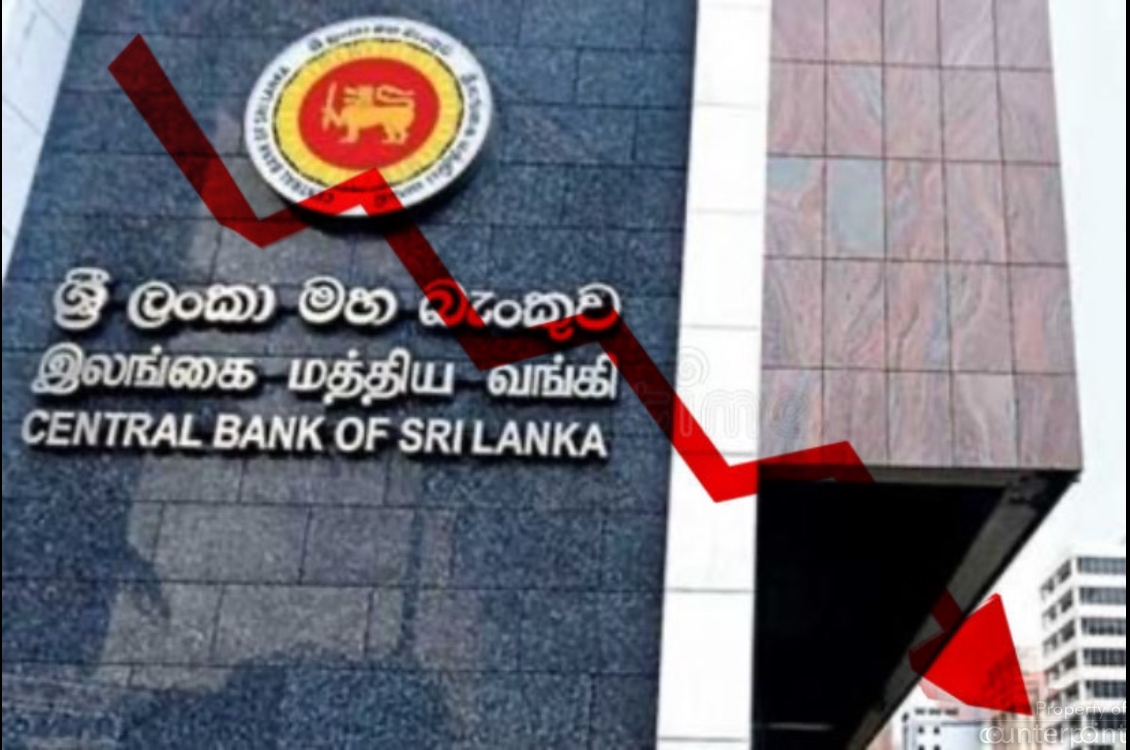A research document produced by JB securities statesthat the country (Sri Lanka) has exceeded its debt carrying capacity, and without material adjustment will only see its debt to GDP escalate further. Thus, it is evident that on the current path the country is on the verge of insolvency.
In an eight point summary it states that the public sector debt is expected to have surpassed 98.8 of GDP in 2020.
Meanwhile, it states that the budget deficit continues to escalate, and economic growth prospects remain strained.
The summary of the research further states that thesemetrics are considered highly unsustainable, particularly considering the impacts of Covid-19 on the country’s external sector. The country’s sovereign ratings were downgraded at the end of 2020, as a result, it has lost market access and can no longer roll over its debt.
Currently, Sri Lanka’s ISBs are trading at deep discounts which are indicative of an impending selective default.
The country has exceeded its debt carrying capacity, and without material adjustment will only see its debt to GDP escalate further. Thus, it is evident that on the current path the country is insolvent. A recovery strategy based on running a primary surplus and economic growth outpacing interest on the existing debt is untenable as potential growth is likely to remain low for several years due to the impact of the current crisis. The solution in the near term would be to reprofile foreign debt via a moratorium on principal and interest for three years. This will allow the requisite breathing space for the country to regain growth momentum and free up much needed fiscal space. While approaching the IMF for the 17th time would be a convenient solution, the institution’s mandate prevents it from lending to countries that have unsustainable debt levels without their undertaking a light restructuring. IMF backing would also give a restructuring more credibility, as the feasibility, monitoring and quantum of the adjustment will be determined by the IMF as part of its program. Regardless of IMF involvement, a fiscal adjustment as well as a restructuring of the country’s growth trajectory is required. ISBs are held by many disparate investors whose participation. in the restructuring depends on them believing that the country intends to honor future obligations. The longer it is delayed the higher the economic costs, as high levels of debt weigh on investment and growth prospects.





